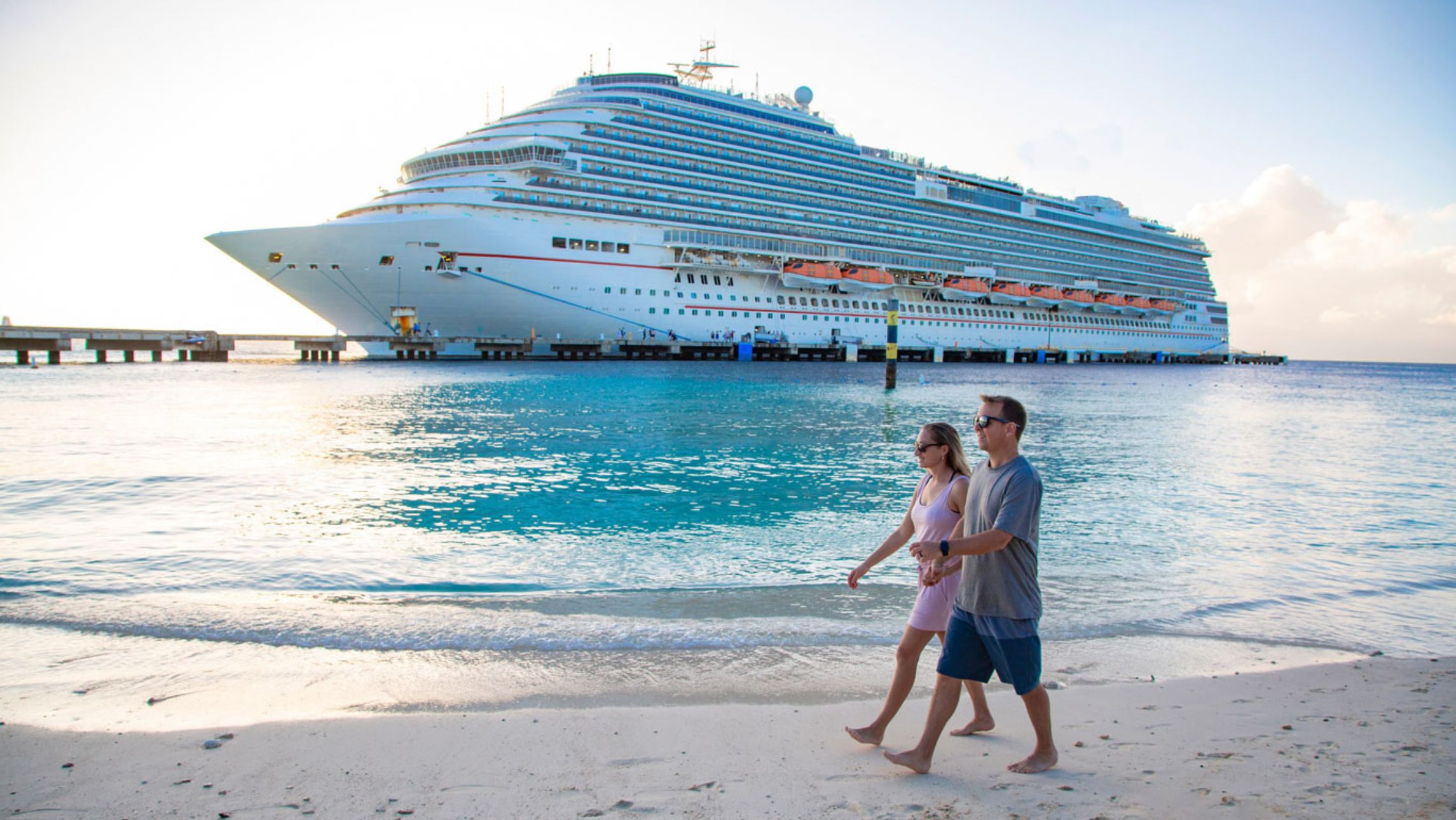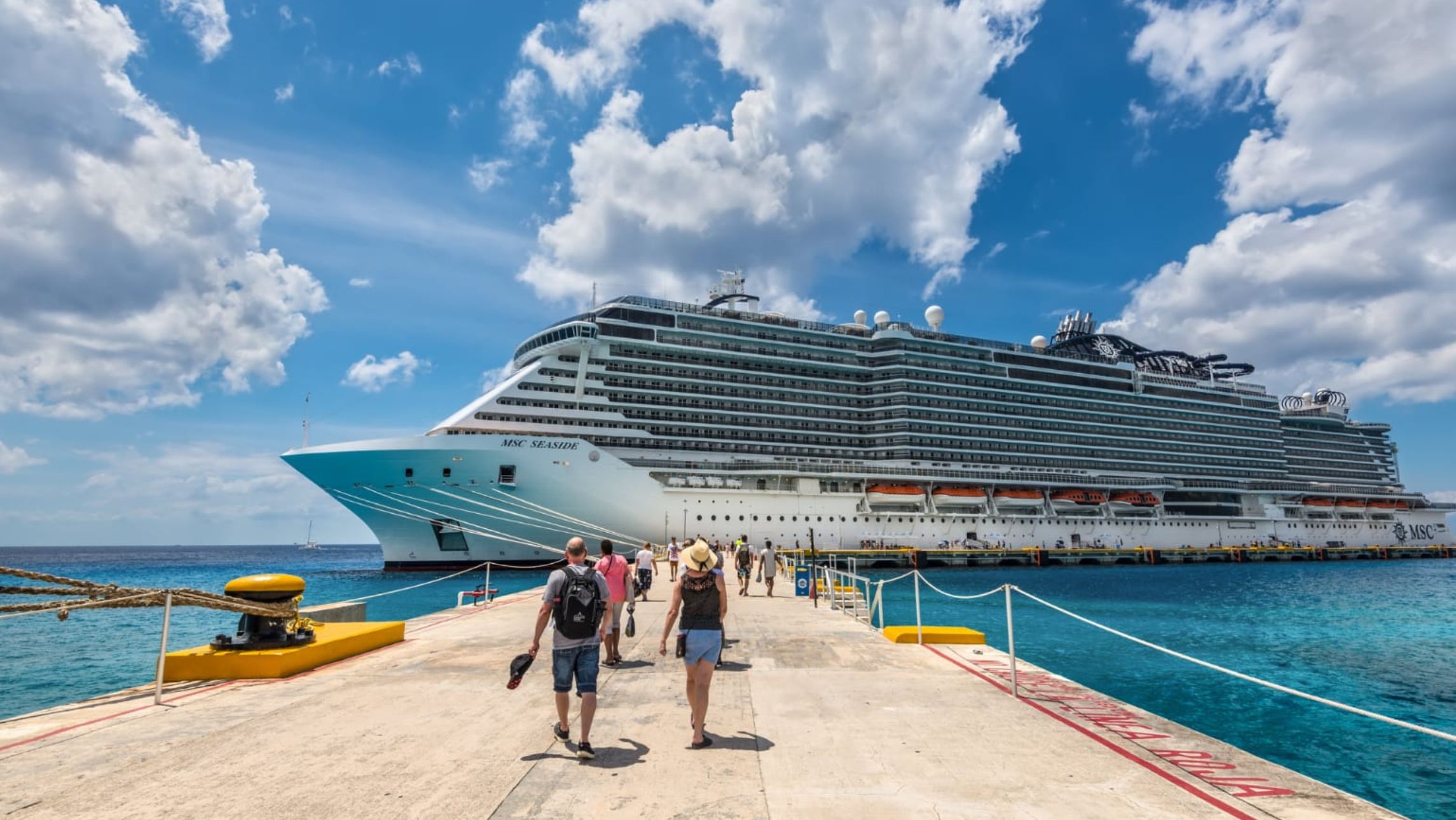If you are contemplating cruising, taking out insurance is as important as bringing your passport.
Specialist insurers and underwriters are also now targeting cruise insurance as the coverage required can often be different from general travel insurance.
Cruise travel insurance can cover anything from cancellations and delays to stolen items and health crises or lost or stolen luggage or even an incident on a shore excursion. And when it comes to health, as soon as your ship leaves port, even if you are cruising in Australian waters, you are no longer covered for hospital or medical expenses by Medicare or even your private health care provider.
Even if you don’t think you’ll need cruise travel insurance, consider research by SmartTraveller.gov.au that found one in four Australian travellers experienced an insurable event on their last overseas trip.
While Australia has reciprocal healthcare agreements with cruise destinations such as New Zealand, there are also similar arrangements with Belgium, Finland, Italy, Malta, the Netherlands, Norway, the Republic of Ireland, Slovenia, Sweden and the United Kingdom.
But even if you have Medicare, you can get subsidised treatment for essential services only in these countries. That means you are usually covered for urgent care that can’t wait until you get home. But Medicare and New Zealand’s ACC and private health insurance will not cover you for any medical costs on board a ship – and that can be expensive. If you are very ill, cruise travel insurance can pay for a medical escort to bring you home to Australia. But you still may have to pay fees for treatment and medication. For example, in New Zealand reciprocal health care doesn’t cover you for free or subsidised care by a general practitioner or ambulance.
Some countries won’t even let you in if you don’t have insurance, including the popular cruise destination of Singapore or places like the UAE. While they have officially abolished passports and many other types of border control, all 27 European countries in the Schengen Area – which includes popular EU river cruise countries such as France and Germany – require you to have travel insurance if you’re applying for a visa to visit.
And just because you are Australian, don’t think the Federal Government is going to bail you out if you get stuck or sick while on a cruise around a foreign country or in international waters. Surprisingly, a 2022 joint Quantum Market Research survey with Smartraveller.gov.au and the Insurance Council of Australia showed that an alarmingly high number of people believe they would receive help from the Australian Government if something were to happen to them overseas.
Make sure you are covered on-shore
High-risk on-shore activities such as water-skiing, scuba diving, parasailing, hiking or abseiling may require cruise extra insurance coverage. And that may be limited to excursions paid in full prior to departure, or only on excursions that are provided by your cruise line.
Key things to remember are choosing shore excursions organised by your cruise line or one of their reputable tour operators. Booking an adventure with a local operator after you dock may mean you are not covered.
Consider cancellation cover
Consider purchasing a policy that includes cancellation cover, even if you’re confident that you will not have to cancel your cruise. This can protect you in the event of unforeseen circumstances.
Compare policies from different insurers to get the best deal.
Read the fine print on medical
If you think you have ticked all the boxes, and have paid the most for the best cruise travel insurance you can afford, insurance company disclaimers may require you to have additional cover for a range of options, from pre-existing physical and mental conditions to expensive photographic or computer equipment. And with a death in the family, particularly for anyone over 85 as recently reported in Cruise Passenger, read the fine print as any cancellation may not be covered.
“I departed on a three-week international holiday just 10 days after my mother passed and just one day after her funeral because my travel insurance would not pay out,” Lyn told Cruise Passenger.
In addition, Lyn says she has to pay extra premiums because of a genetic blood-clotting condition. But as she is on anticoagulants, she says she is highly unlikely to sustain Deep Vein Thrombosis which she was required to have cover for. In addition, she was asked to provide a two-year medical history to her insurer.
“(The insurer) feeds this into its crystal ball and out pops the additional premium I must pay for travel insurance,” she says. “In fact, I have almost zero chance of getting a DVT while travelling compared to the many people who unknowingly have the same medical condition, yet obtain travel insurance at the base rate.”
Lyn says policies need to be easier to understand with many people paying a lot of money for no effective coverage.
“My major fear on holidays is that something will happen that involves travel insurance. It truly impacts the enjoyment of my holiday.”
Insurance for young, old or frequent cruisers
If you are a retiree and/or frequent cruiser, it might be worthwhile checking out annual multi-trip travel policies that some insurers offer.
While older Australians – with some starting as young as 50 years – may have to fork out for extra coverage, many younger Australians still feel they are bullet-proof while travelling.
About 12 per cent of under-30s are ‘active rejectors’ of travel insurance who consciously plan to travel without insurance, in comparison to 3 per cent of those aged over 30. The most common reason given for this is being unsure that travel insurance is needed, according to SmartTraveller.gov.au.
And considering the current circumstances in the Middle East you will probably not be covered for acts of terrorism, any military action. And as we already know, a pandemic or epidemic may not be covered either.

Key takeaways
As the saying goes, if you can’t afford travel insurance, then you can’t afford to travel. Key things to consider when taking out cruise travel insurance are:
- Health coverage, including on-shore excursions.
- Insuring your baggage and valuables.
- Covering the cost of cancellations and delays.
- Different types of cruise travel insurance policies available.
- How to choose the right cruise travel insurance for your adventure.









